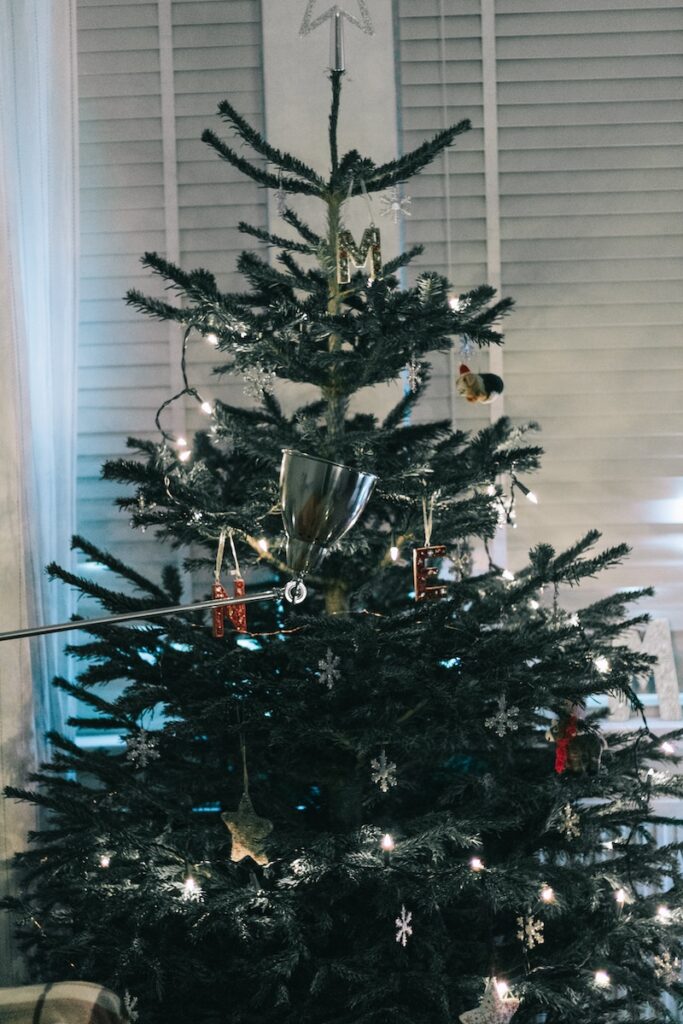Privilege is a loaded word in 2020.
We could present a dictionary definition but let’s be honest: dictionary definitions don’t always align with everyday meaning as neatly as we’d like them to.
When people nowadays talk about “privilege” they don’t necessarily mean “honor” or “great responsibility” like those in the past. They oftentimes mean that a certain person has an (unfair?) advantage over others. Furthermore, collectivist philosophies have applied this to entire groups of people, not just individuals.
Honestly, I’ve resented terms like “white privilege” or “male privilege” because, after all, I didn’t choose to be a white guy any more than anyone else choose to be their demographic. But I also realize that as a white guy, I do have access to opportunities that others don’t and I don’t have some of the obstacles that others do. Whether that is directly tied to my race and gender is a topic for another day.
What I want to focus on in this article is what I’ll call the “real privilege”. It’s the real defining advantage between society’s “haves” and “have-nots”.
It’s called social capital.
And yes, I have a story to illustrate this point.
A Tale of Thirty Christmas Trees
I’ve happily seen a decrease in my time spent on Facebook in the last month or so. It’s been nice to get away. I happened to be doing a rare check earlier this week and found a post in a student group that solicited votes for a certain Christmas tree in an apartment-complex Christmas tree competition.
Like loyal and supportive schoolmates and friends, we rallied to vote for the Charlie Brown tree. It just so happened that there were a lot of other great trees in the running, many which were objectively more impressive. But that didn’t matter, we were supporting our friend.
Some in our group shared the appeal with their own networks. This increased the vote count and soon other contestants were…contesting the “likes”. They were incredulous that such a small tree could demand such strong support. And like many Facebook comment sections, things got interesting!
While the disproportional drama of the situation entertained me, it also illustrated a powerful point about community.
Charlie Brown trees backed by a supportive community can beat the most tinsel-ed out Christmas-Tree-of-the-Century.
In that moment, the individual qualifications of the tree mattered less than the support its owner had from her friends.
The Power of the Web
That’s social capital: the wealth of relationships and community. It’s the wealth of connectedness. This wealth takes many forms. It can come in monetary form (gifts from friends and family), professional form (connections with jobs, “knowing the right people”, etc.), physical form (ever needed a truck for a move?) and emotional/spiritual form (the support of community through trials and challenges).
Community has many benefits and advantages. Community carries much privilege.
I’ve seen this to true in my own experience. Where I live, my marriage, my work, and the future opportunities I have are owed in large part to the community that God has blessed me with. If I didn’t know so-and-so, I wouldn’t have been connected to such-and-such, which in turn would not have led me to so-and-so and so on it goes.
There is exponential power in this web of connections. And it’s a real privilege to have that web. Because not everyone does.
The opportunities and networks I have open to me are not equally afforded to kids who grew up in broken families, without fathers, in bad neighborhoods. There is “opportunity inequality” and at the core, it’s an issue of community resources and networks. It’s a lack of social capital. Kids in “the hood” are less likely to be exposed to people outside their families who invest deeply in them and connect them with opportunities.
“Enriched in every way…”
So privilege and opportunity inequality exist. So what?
How do we apply this idea of social capital, community, and connectedness being the “real privilege”?
Here, we can turn to Scripture to find a very clear answer. It pops up in several places, in both the Old and New Testaments:
“You will be enriched in every way to be generous in every way, which through us will produce thanksgiving to God.” (2 Corinthians 9:11)
“And I will make of you a great nation, and I will bless you and make your name great, so that you will be a blessing. I will bless those who bless you, and him who dishonors you I will curse, and in you all the families of the earth shall be blessed.” (Genesis 12:2-3)
The biblical principle of blessing others with the blessing we ourselves have received is repeated.
Some in our culture today would like to shame “privileged” people for the opportunities they had. Hence why I resented (and to some degree still do) the terms “white privilege” and “male privilege”. It implies that I’m the “bad guy” because I had opportunities not afforded to others.
Instead I want to work to use my social capital, my community connections, my privilege, to open up doors for those who are “underprivileged”. I’m still working through what that looks like practically.
Those with privilege have two options: use those advantages to build our own selfish kingdoms, or to follow the prescription of 2 Corinthians 9 and use our blessings to enrich others.
We have been enriched, through Christ, in every way. Let us therefore likewise be generous in every way.
Note: The featured image of the Christmas tree is a stock photo by Nicolas J Leclercq, found on Unsplash. It is not the Christmas tree mentioned in the article.

